Gen Z’s new takedown: the meaning of ‘cheugy’
Outdated tastes and millennial fashions mocked in viral TikTok trend
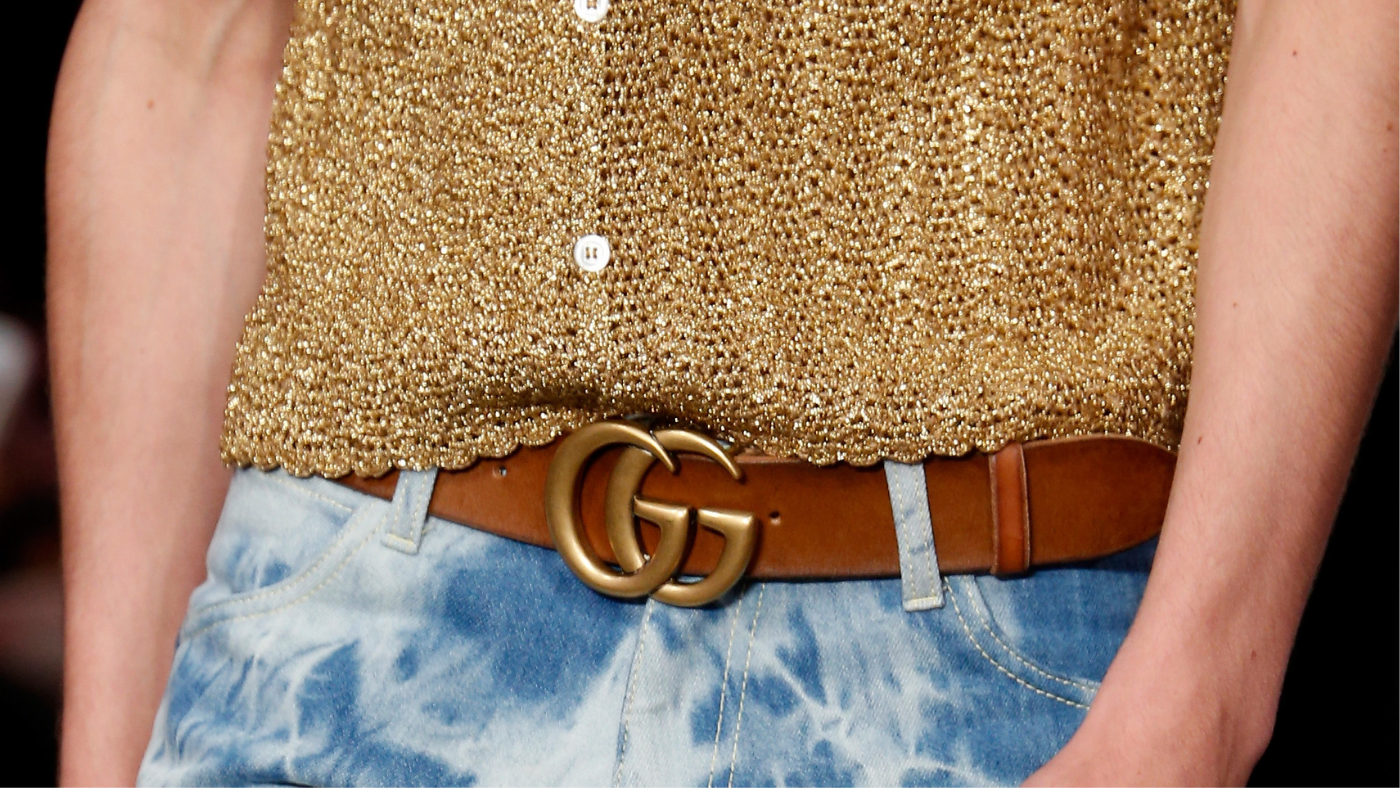
A free daily email with the biggest news stories of the day – and the best features from TheWeek.com
You are now subscribed
Your newsletter sign-up was successful
It is pronounced “chew-gee” and is a term that has found fame through Gen Z’s favourite social media platform, TikTok.
In the broadest sense, cheugy describes items and fashions that are simply out of date. Passe interior design and once-loved clothing staples have fallen victim to the descriptor, along with everything from overused social media captions to high-profile public figures.
Cheugy can describe anything that is untrendy, but is most frequently used to refer to things considered vaguely mainstream in the early Noughties and 2010s - offering a new way for Gen Z to “troll” millennials, reports Vice.
The Week
Escape your echo chamber. Get the facts behind the news, plus analysis from multiple perspectives.

Sign up for The Week's Free Newsletters
From our morning news briefing to a weekly Good News Newsletter, get the best of The Week delivered directly to your inbox.
From our morning news briefing to a weekly Good News Newsletter, get the best of The Week delivered directly to your inbox.
The New York Times (NYT) says the term can be used to describe someone, often a millennial woman, who is “trying too hard”, while the London Evening Standard says to “think Basic Bitch 2.0” to get the idea. The general consensus is that cheugy describes an inoffensive lack of taste.
A 23-year-old software developer is credited by the NYT with coining the term. Gaby Rasson began identifying cheugy trends as a student at Beverly Hills High School in 2013.
The phenomenon seemingly spread through word of mouth among school and college communities until Los Angeles-based copywriter Hallie Cain, 24, posted a TikTok video in March showcasing “the word you never knew you needed” in action.
TikTok posts with the hashtag #Cheugy have since accrued more than 24 million views, and Google searches have gone from non-existent to peak interest in just a matter of weeks. Part of the intrigue surely lies in the difficulty of pinning down exactly what counts as cheugy.
A free daily email with the biggest news stories of the day – and the best features from TheWeek.com
“What is and isn’t cheugy is highly subjective and changing quickly,” notes NYT technology reporter Taylor Lorenz. The term can divide opinions. “I’ll send something to our group chat and be like, ‘Is this cheugy?’ and some will say ‘yes’ and some will say ‘no’,” Cain told the paper.
Cheugy “isn’t meant to be negative”, says the Daily Mail, but others disagree. While it might sound like a light-hearted internet fad, cheugy has been seen as “a reductive, dismissive, or even offensive grouping of people for simply liking what they like”, says Refinery29.
Issues of class have come into the conversation, as well as race. TikTok user Kiera Breaugh sees cheugy as a way for “white women to micromanage what makes other white women cool in a way that women of colour don’t do”.
Identifying cheugy-ness
Even the most on-the-pulse tastemaker is likely to experience an episode of cheugy, which can refer to anything that was in style for millennial teenagers.
Products such as Herbal Essences shampoo have been identified as cheugy, while a framed affirmation of “Live, Laugh, Love” will also earn cheugy-points. If motivational quotes and life goal graphics are frequent additions to your Pinterest boards, you are treading a fine line - particularly if you wear Ugg boots while doing so.
“Girlboss”-emblazoned mugs and stationery have also come under fire in the wake of the cheugy movement, as have “grown adults who still love all things Disney”, says People magazine.
The London London Evening Standard provides a simple and effective litmus test: “If your most-used emoji is the crying laughing one, welcome to Cheugsville, population: You.” That said, you might find yourself hanging out there with Fearne Cotton and Holly Willoughby, who the paper describes as “a bit cheugy” too.
Too cheugy to be cheugy?
So long as something was once widely considered to be in style but now is not, it’s likely to be cheugy. In fact, “it could even be argued that the word ‘cheugy’ has already been so overexposed that it is, itself, cheugy - if it was ever trendy enough in the first place to qualify”, says Refinery29.
Julia O'Driscoll is the engagement editor. She covers UK and world news, as well as writing lifestyle and travel features. She regularly appears on “The Week Unwrapped” podcast, and hosted The Week's short-form documentary podcast, “The Overview”. Julia was previously the content and social media editor at sustainability consultancy Eco-Age, where she interviewed prominent voices in sustainable fashion and climate movements. She has a master's in liberal arts from Bristol University, and spent a year studying at Charles University in Prague.
-
 Nuuk becomes ground zero for Greenland’s diplomatic straits
Nuuk becomes ground zero for Greenland’s diplomatic straitsIN THE SPOTLIGHT A flurry of new consular activity in the remote Danish protectorate shows how important Greenland has become to Europeans’ anxiety about American imperialism
-
 ‘This is something that happens all too often’
‘This is something that happens all too often’Instant Opinion Opinion, comment and editorials of the day
-
 House votes to end Trump’s Canada tariffs
House votes to end Trump’s Canada tariffsSpeed Read Six Republicans joined with Democrats to repeal the president’s tariffs
-
 Admin night: the TikTok trend turning paperwork into a party
Admin night: the TikTok trend turning paperwork into a partyThe Explainer Grab your friends and make a night of tackling the most boring tasks
-
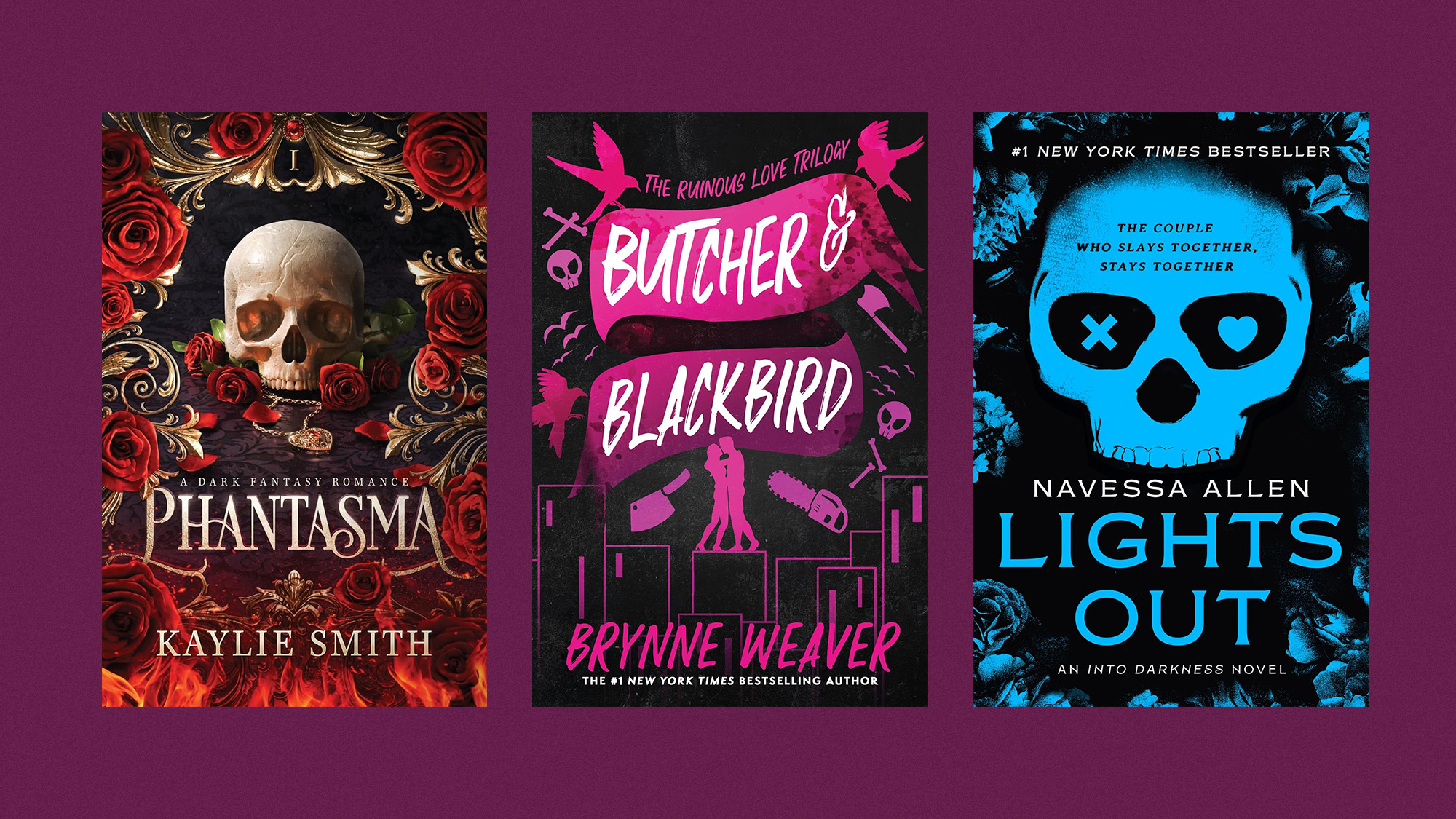 The best dark romance books to gingerly embrace right now
The best dark romance books to gingerly embrace right nowThe Week Recommends Steamy romances with a dark twist are gaining popularity with readers
-
 More than a zipper: Young Black men embrace the ‘quarter-zip movement’
More than a zipper: Young Black men embrace the ‘quarter-zip movement’The Explainer More than a zipper: Young Black men embrace the ‘quarter-zip movement‘
-
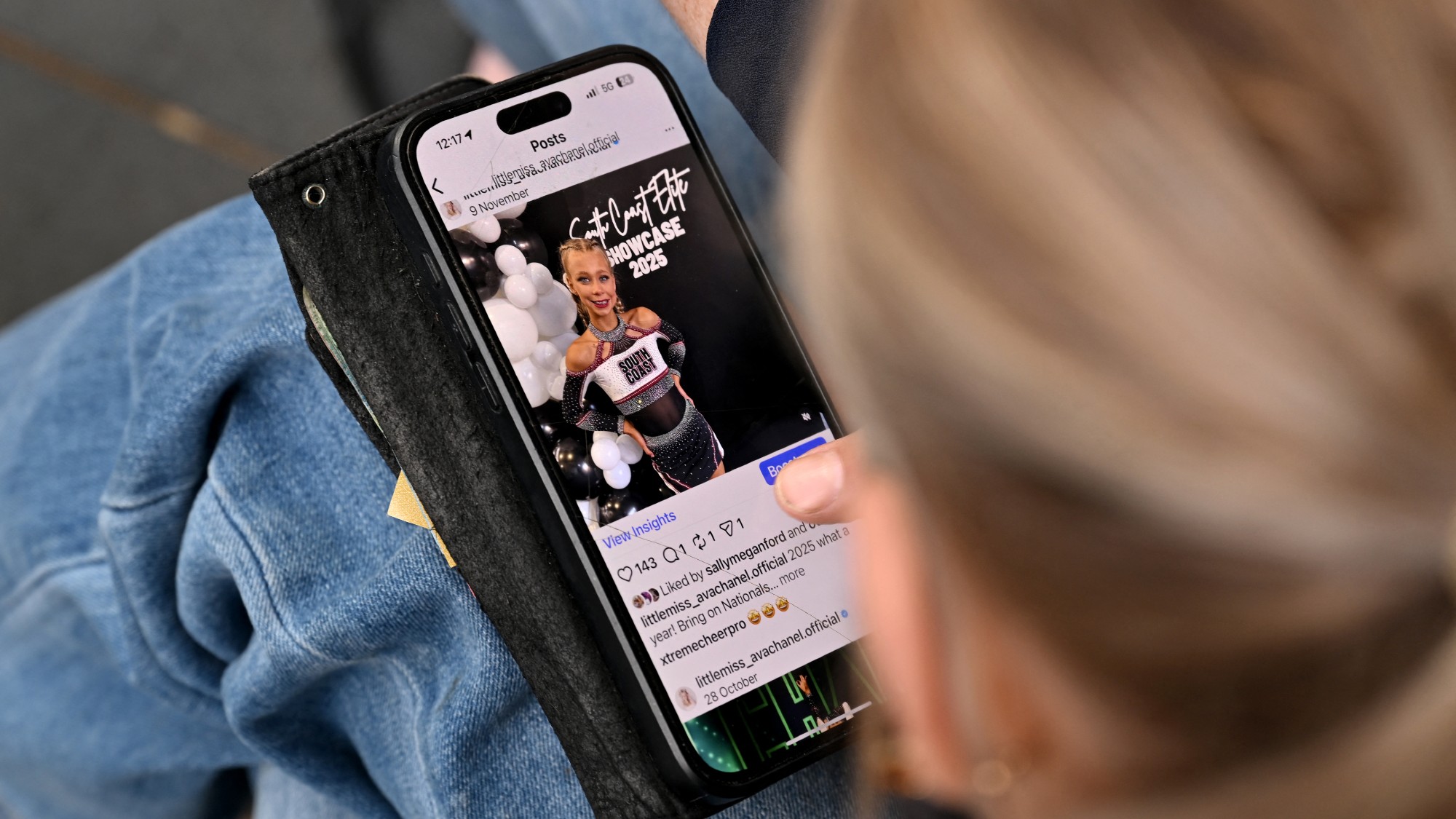 Australia’s teens brace for social media ban
Australia’s teens brace for social media banIn The Spotlight Under-16s will be banned from having accounts on major platforms
-
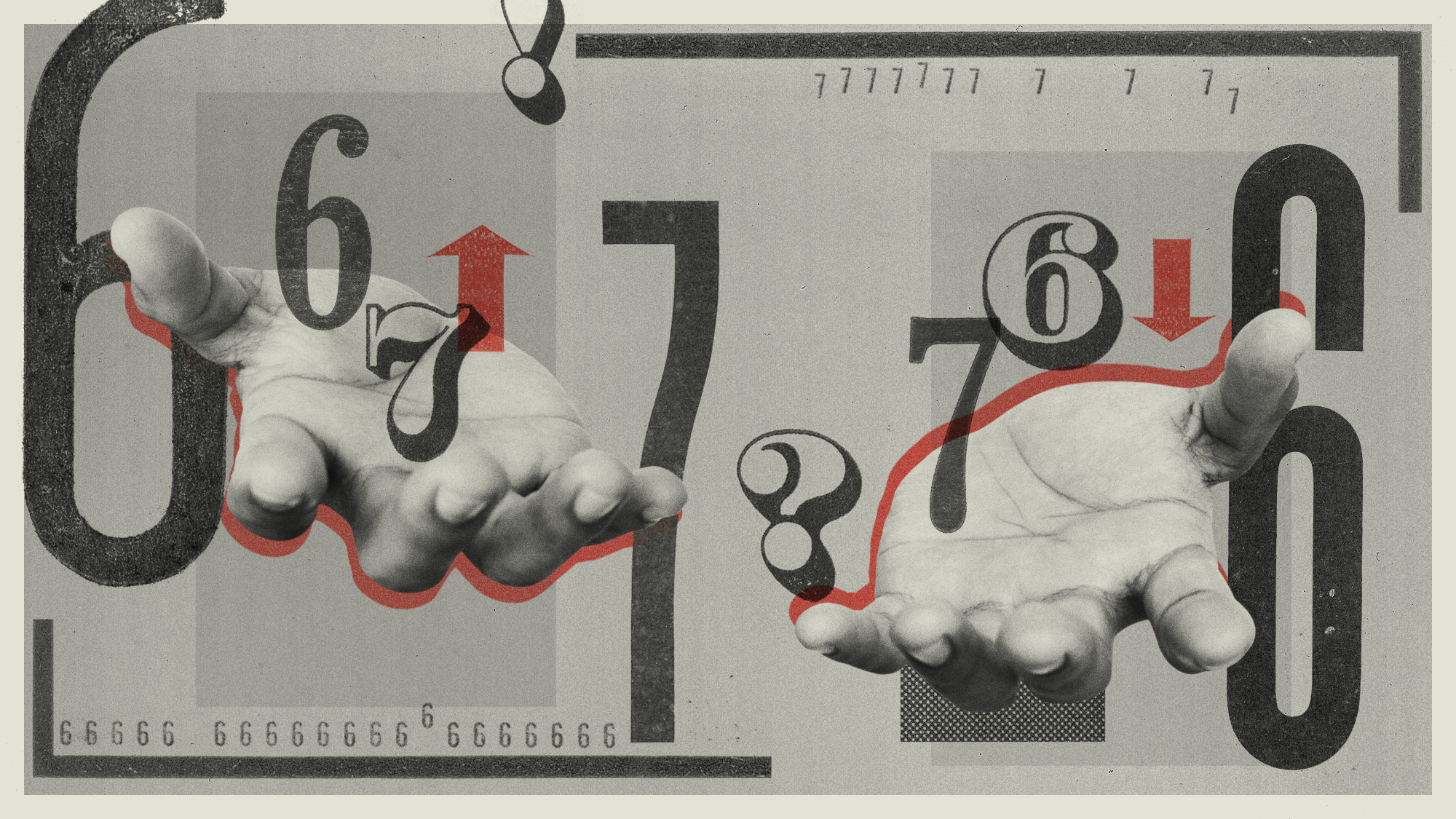 The six-seven meme that has taken over the world
The six-seven meme that has taken over the worldIn the Spotlight With roots in rap and basketball, the phrase has young people obsessed, and it could be here to stay
-
 The ‘swag gap’: are you better than your partner?
The ‘swag gap’: are you better than your partner?In The Spotlight The viral terminology sheds light on power dynamics in modern relationships
-
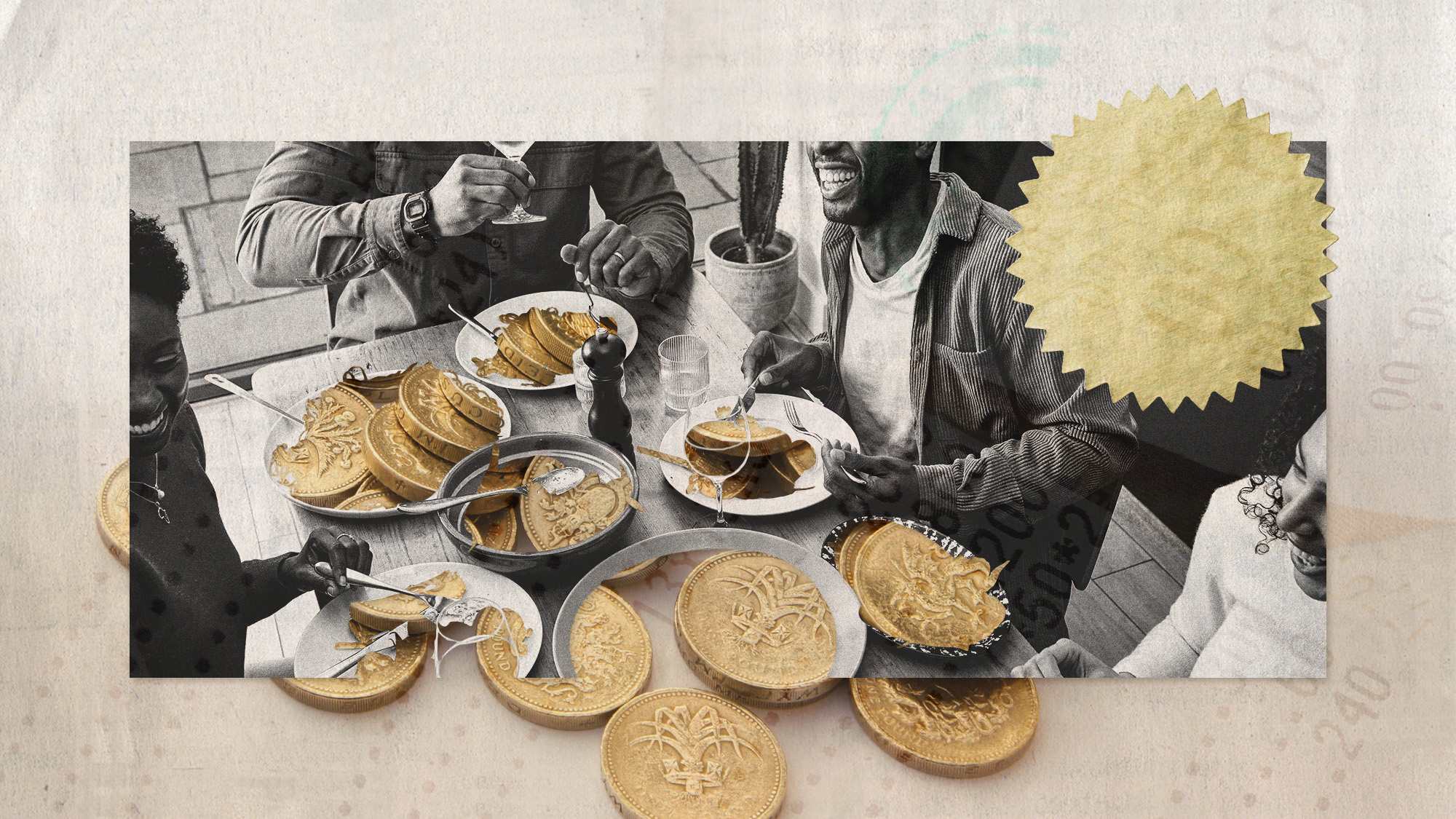 ‘Friendflation’: the increasing cost of maintaining a social life
‘Friendflation’: the increasing cost of maintaining a social lifeUnder the Radar Cost-of-living squeeze has left some feeling priced out of social events and struggling to keep up friendships
-
 How The Summer I Turned Pretty has brought out the worst in its fans
How The Summer I Turned Pretty has brought out the worst in its fansIn the Spotlight Amazon’s love-triangle hit ‘driving some of the most bonkers and unhinged online energy in the history of the internet’